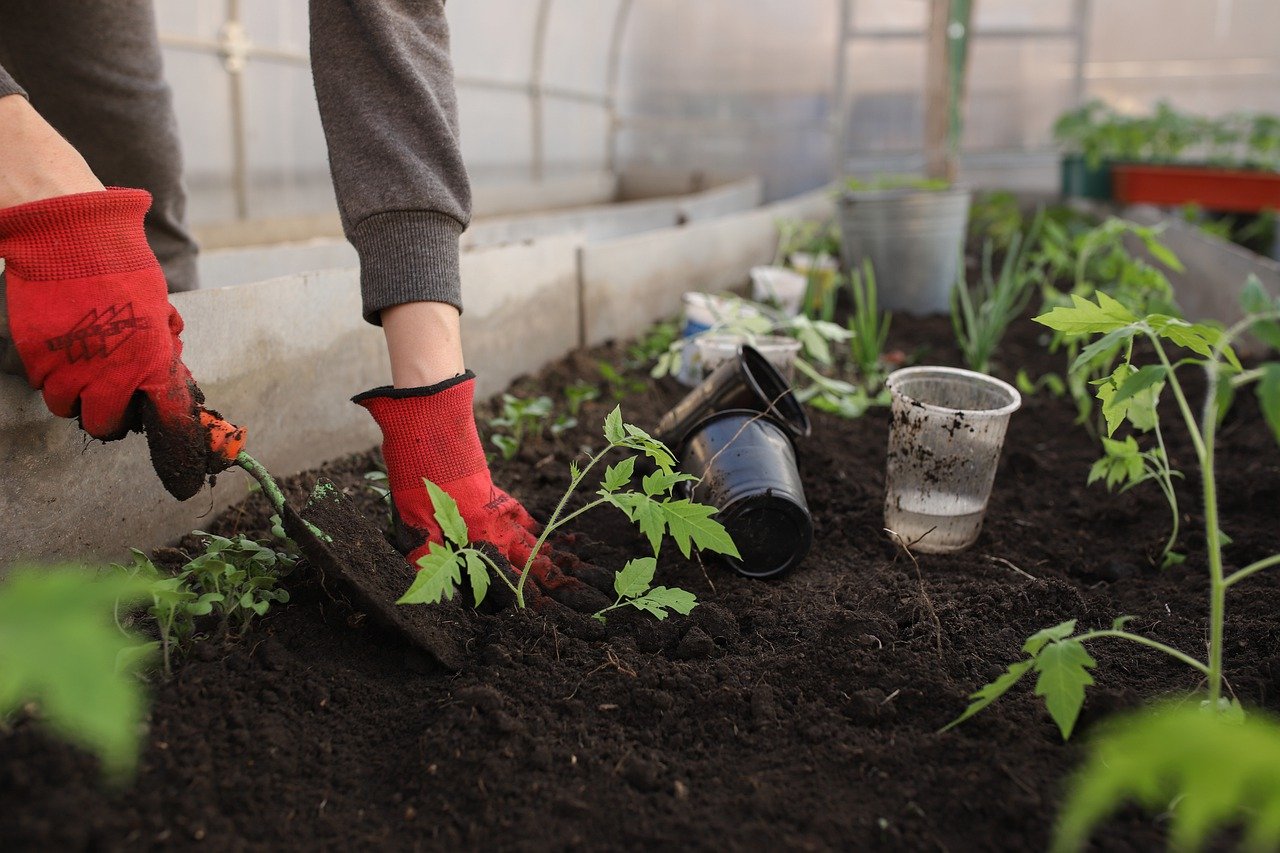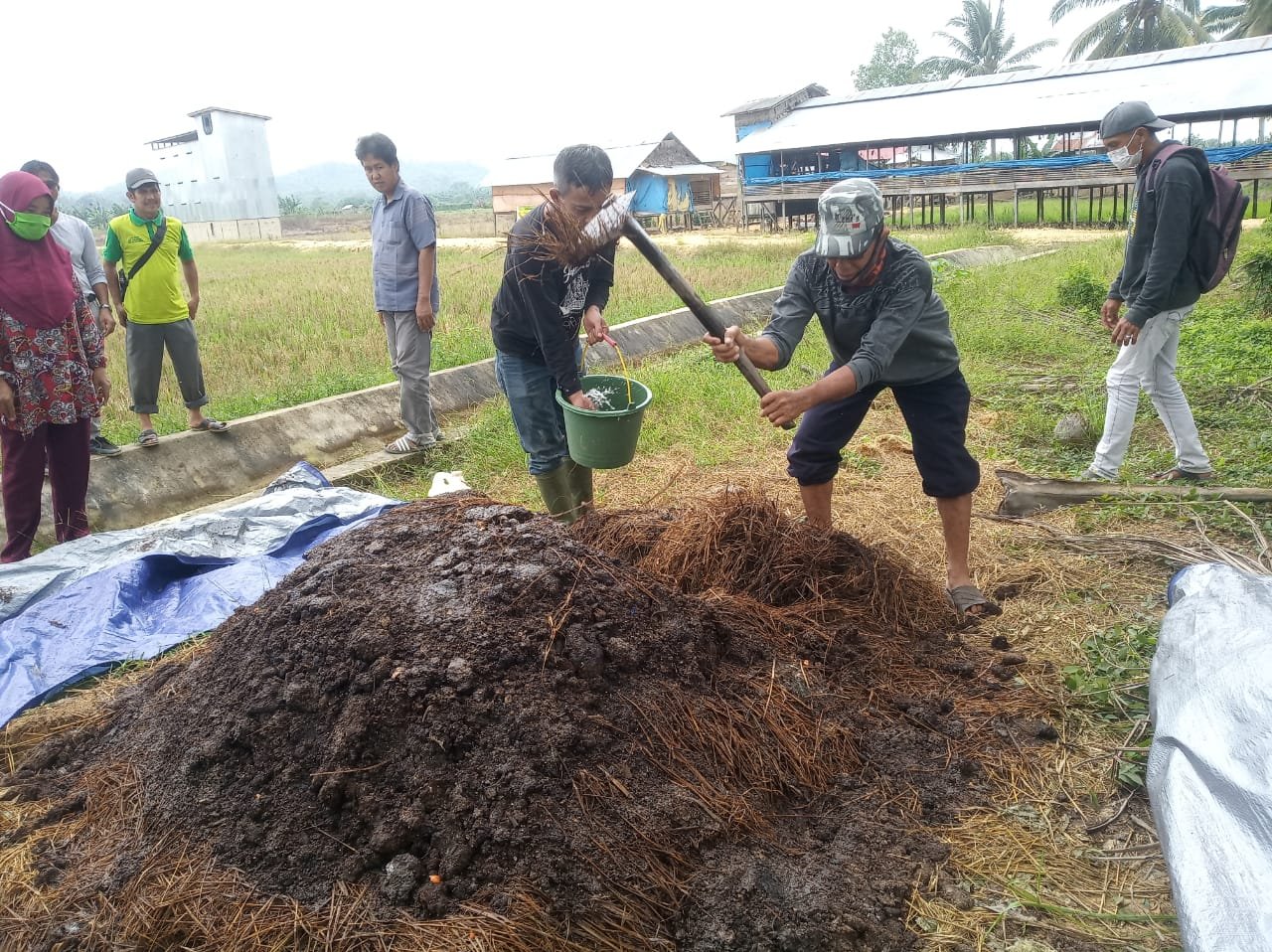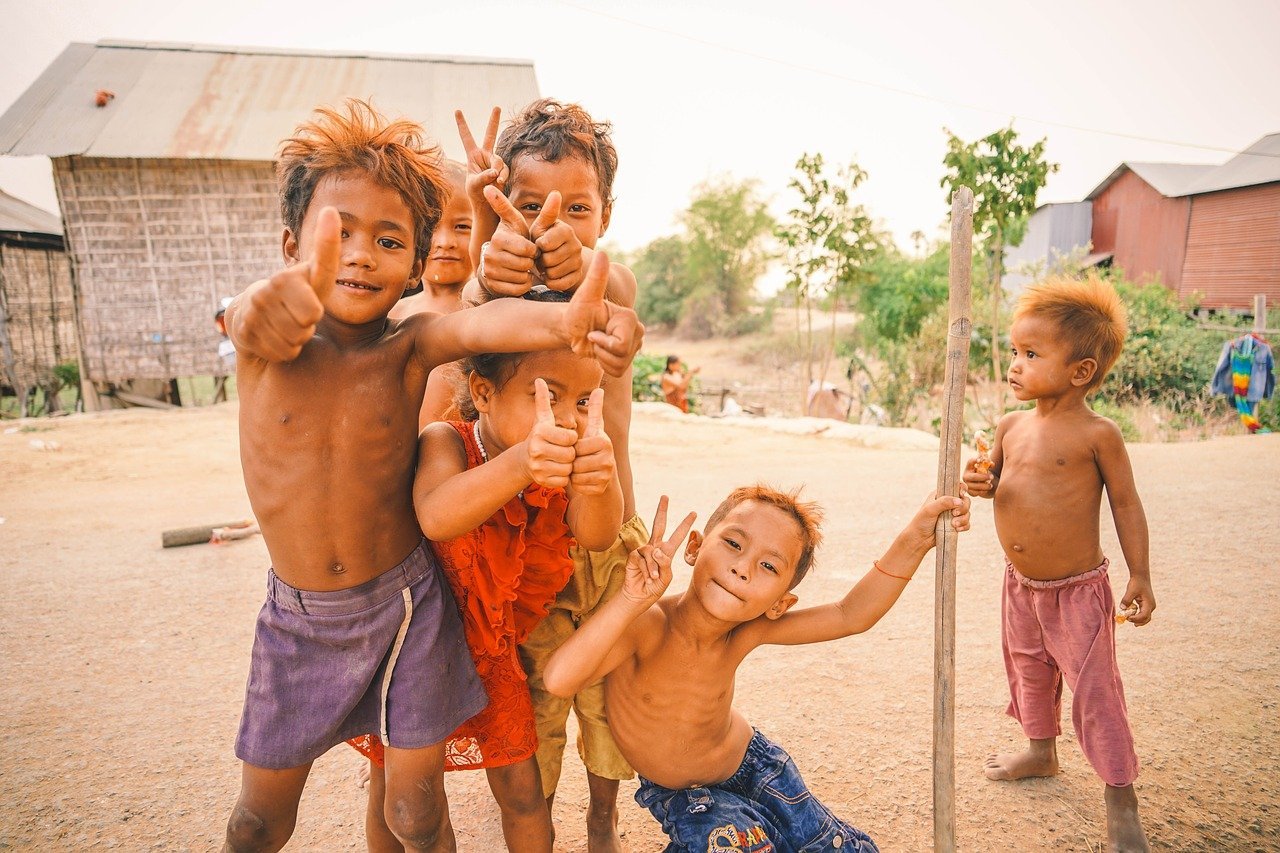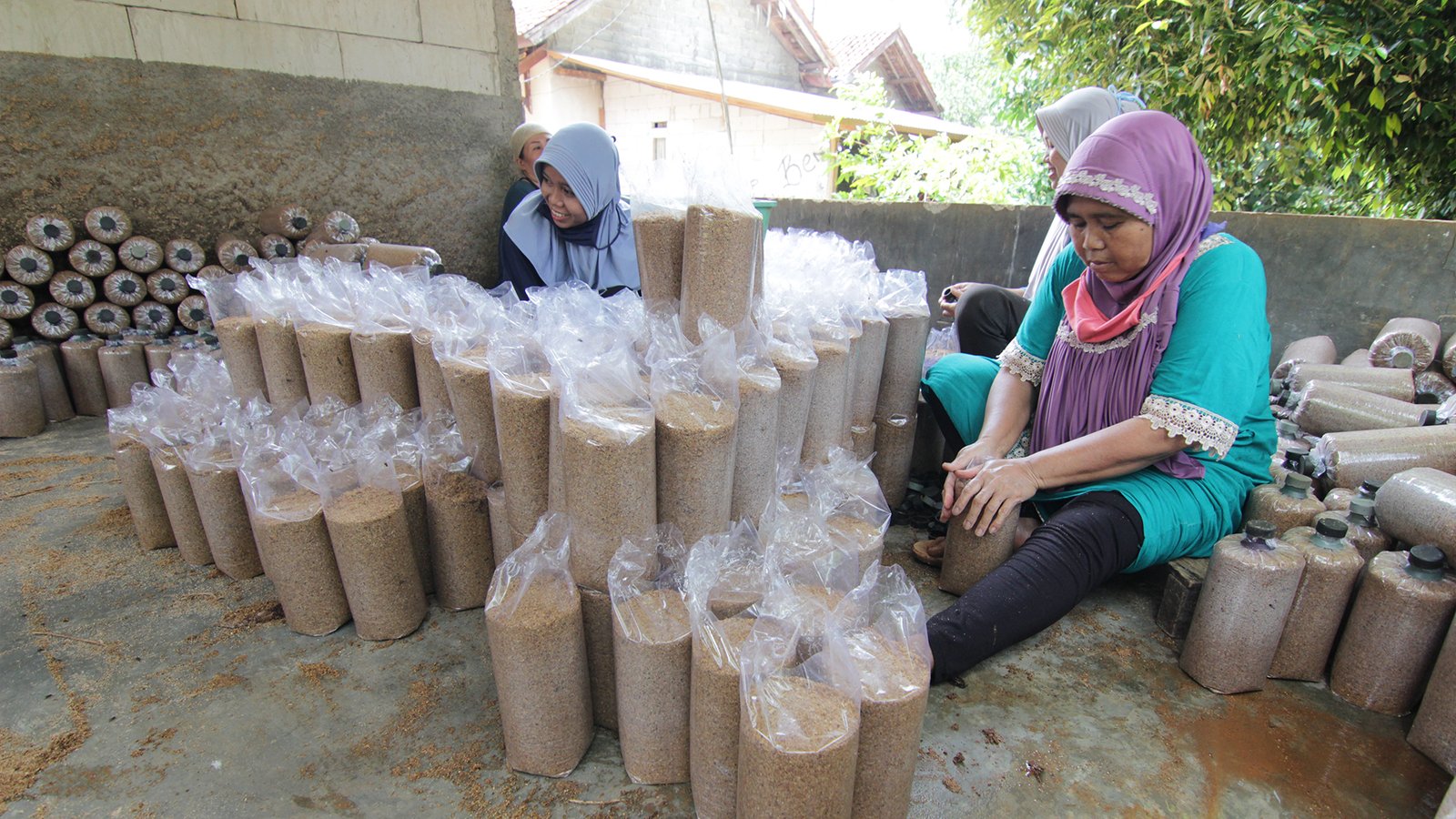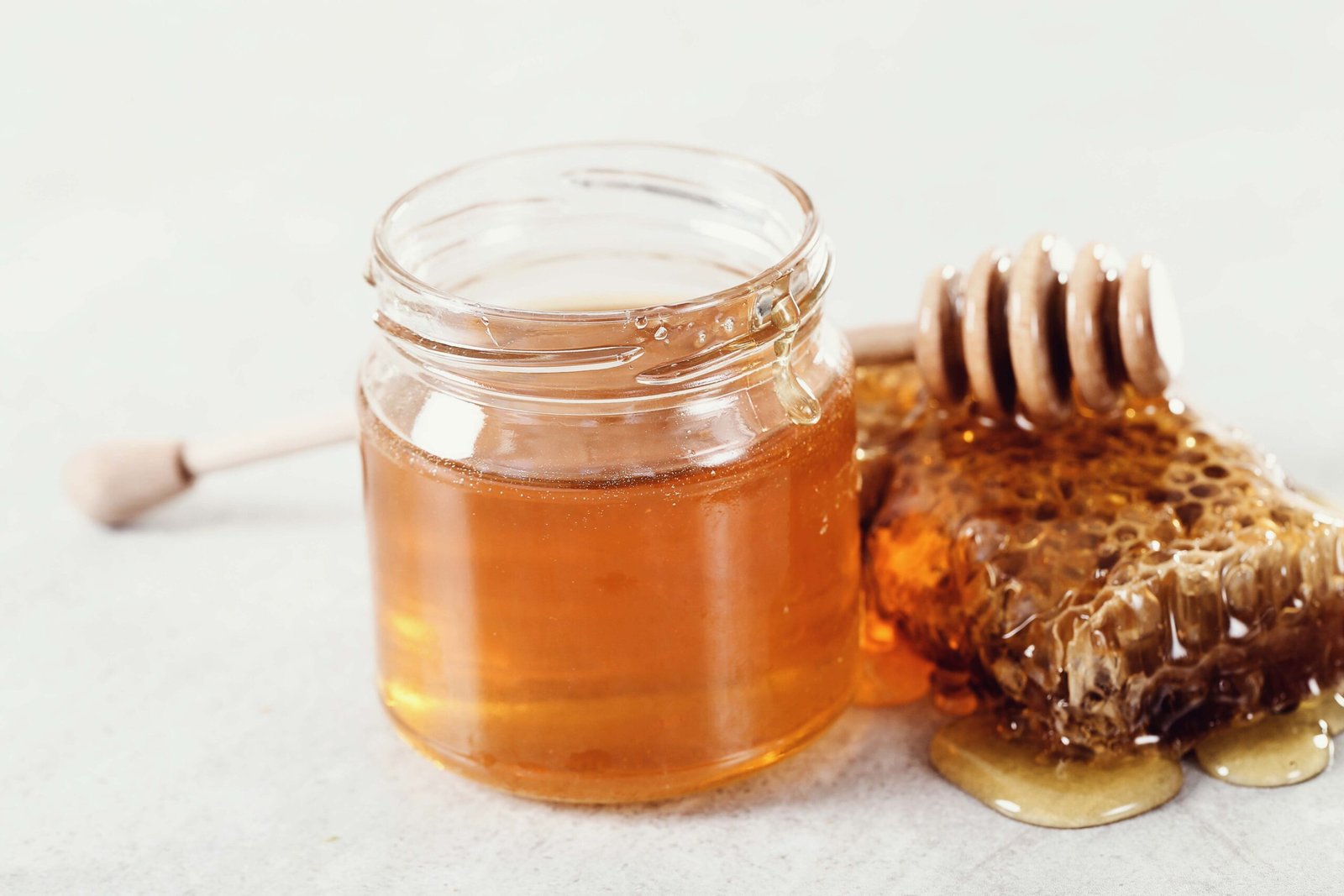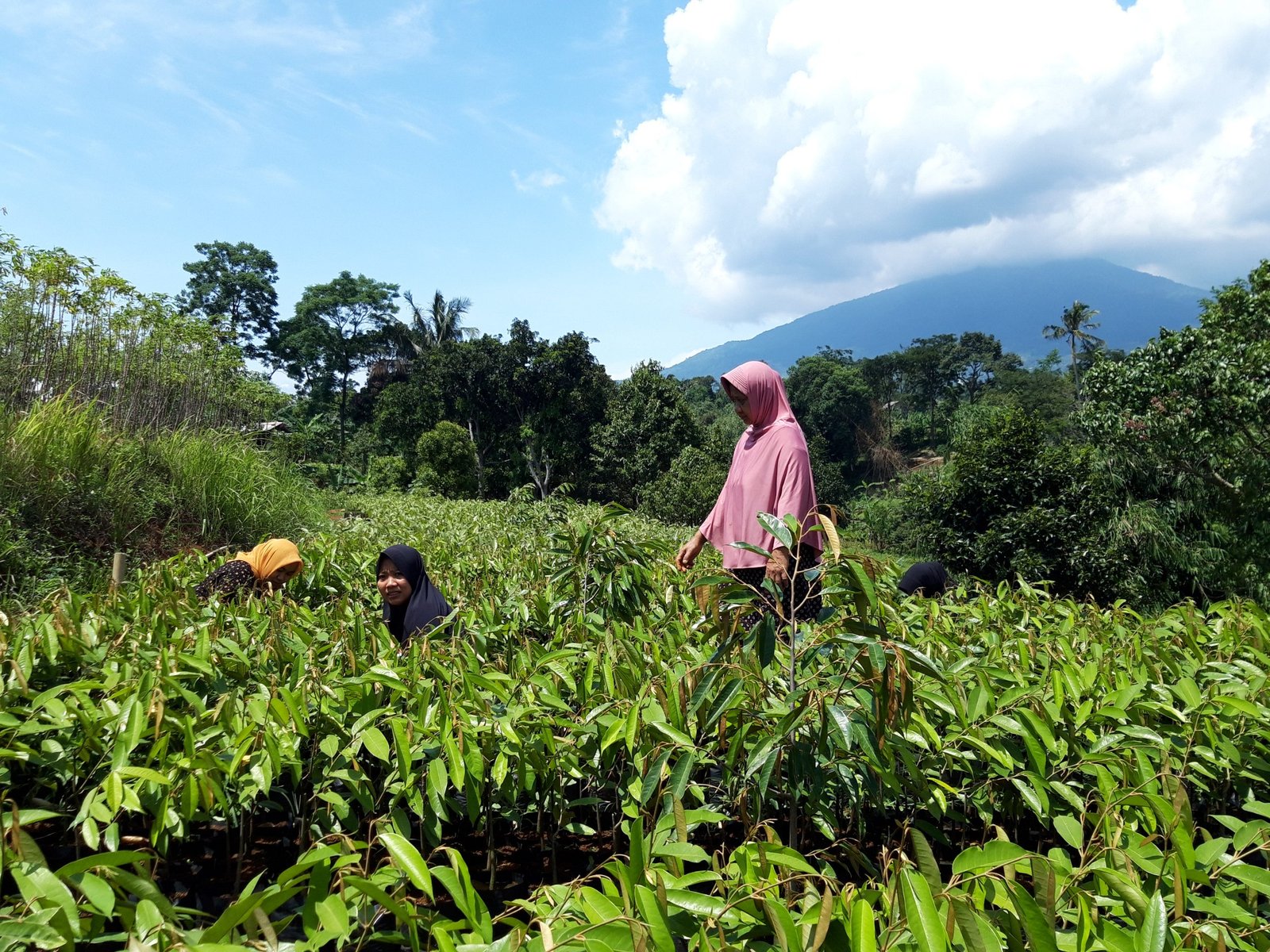
The Institute for Social Entrepreneurship in Asia (ISEA) is working with Bina Swadaya to conduct action research on women’s empowerment in agricultural value chains. One of these activities is a mini-research.
This activity is a series of activities by ISEA with its partners in Indonesia, Vietnam, Thailand, and the Philippines. In Indonesia, this study was conducted by Bina Swadaya together with Dompet Dhuafa.
Bina Swadaya Konsultan (BSK) researcher Ana Budi Rahayu said this mini-research has a purpose. First, to find out the impact of Covid-19 on agribusiness companies, namely Trubus Mitra Swadaya, with suppliers, both men and women, in the agricultural business chain.
Second, several pieces of data or information will be found after conducting mini-research. Together with them, a recovery plan was developed, especially on how the role of women to be more empowered in pandemic conditions for their agricultural business activities.
Third, evaluate the practices of agribusiness companies (related to their suppliers) on how they comply with women’s economic empowerment in agriculture value chains.
Mini research team leader from BSK, Edwin Enifri said that the social enterprises involved in this action research were Berkah Alam Raya, Nurtani Jaya, Musangking Tani, Rizky Tani, and Nurmala Tani. These five businesses are businesses that become the supply chain of Trubus Mitra Swadaya.
“There are four methods used, namely desktop overview, open and semi-open interviews (for data collection), then social observation for mapping and studying the supply chain of social enterprise value chains, then determining potential action plans for recovery,” explained Edwin.
In a public discussion event held online with the theme “Consultation on GTP WEE in AVCs with Indonesian Stakeholders”, Wednesday (10/3). Executive Secretary of Bina Swadaya Foundation, Emilia Setyowati, explained that Bina Swadaya and Dompet Dhuafa are two community organisations that care about community empowerment including small producers in agriculture, animal husbandry, fisheries and social forestry.
“Both of these organisations have gone from the countryside to the coast. These two organisations grow in the framework of business assistance cooperation and increasing local commodity production,” he said in a public discussion with ISEA.
Attending the discussion were representatives from the Ministry of Agriculture, Ministry of MSMEs and Cooperatives, Ministry of Women’s Empowerment and Child Protection and Ministry of National Development Planning / Bappenas. In addition, there are also suppliers from PT. Trubus Mitra Swadaya, representative of cooperatives and representative of agricultural organisations.
The public discussion aims to discuss with participants in Indonesia through the Transformative Partnership Guidelines in the context of empowering women in the agricultural business chain.
This guideline contains eight principles to increase women’s participation and leadership in the agricultural business chain. GTPWEE’s transformative partnership guidelines will be consulted with partners. Through this activity, partners will ask for input on GTPWEE / Partnership Guidelines.
Also, present in the discussion forum, the Chairman of the Bina Swadaya Foundation, Bayu Krisnamurthi, stated that Bina Swadaya was very enthusiastic about this activity. “What is done is closely related to the vision and goals of the activities developed by Bina Swadaya, as the foundation has been laid by Mr Bambang Ismawan as the founder,” said Bayu.
He also touched on three important things related to this topic of discussion. First, transformation partnership. Second, women’s economic empowerment. Third, agriculture value chains.
“There is a strong impression that what we mean by these three things is broadly women in business activities. But suppose we start from agriculture value chains we take from the end, namely consumption. In that case, women have an important role in ensuring resilience and the quality of family nutrition, “he said.
Indonesia and other ASEAN countries still experience nutritional problems, including stunting. This problem, according to Bayu, depends heavily on women’s empowerment in managing food for their families.
“As we know, in Indonesia, for example, more than 90 per cent of the menu on the dinner table is provided by women. So we need to realise that there are many women’s roles in agriculture value chains, and much of the decision-making process depends on women. Still, on the other hand, we see many conditions where women are in a weak position in agriculture value chains,” explained Bayu.
“Women’s Economic Empowerment has a broader dimension. It also has complexity precisely because of the privilege of women’s roles. Therefore, it must be a factor that is considered together, not only through a linear approach to carry out economic empowerment but also a more comprehensive approach, as well as steps that feel complex but become a must,” he said again.
He continued that the other most important factor is transformative partnership/partnership to be able to transform or to be able to change together. This activity is not charity, it is not included to be just a program that must be implemented only by the government, but it is a program or activity that we carry out together.
According to him, togetherness needs to be encouraged to be transformative. All existing partners are equally better, but this is not easy and full of challenges that are not light to do because we are very easy to get caught up and need help, but this is different from what is meant. We will move forward together.
“Once again, I would like to thank my friends at ISEA for their cooperation,” said Bayu.
Meanwhile, the President of ISEA, Marie Lisa Dacanay, said she was very happy to collaborate with Bina Swadaya and Dompet Dhuafa. He says these guidelines promote women’s economic empowerment, or GTP Wee, in AVCs.
“We are engaged in social enterprises, and this inclusive business has succeeded in changing the lives of smallholders, both women and men,” he said.
As is known, ISEA conducts action research in the Philippines, Thailand, Vietnam, and Indonesia by collecting the most important research results derived from aspirational standards.
Lisa said there are eight principles of GTP WEE in AVCs Guidelines—first, appropriate technology and community-oriented or community-based innovation. Secondly, more substantive profits from value-added are made. Third, food security and community security. Fourth, empowering small producers. Fifth, sustainable consumption and production services and systems. Sixth, services that are transactional and transformative. Seventh, women’s participation and empowerment. Eighth, measurable results of transformation.
The ASEAN GTP WEE in AVCs is voluntary and oriented to help enhance and complement ASEAN’s existing policies, approaches and guidelines. These policies and programs focus on recovering from the Covid-19 pandemic and are oriented towards responsible investment in food, agriculture, and forestry. They were then mapping to increase the role of agricultural cooperatives in the global value chain of agriculture.
Source: INFO Bina Swadaya Magazine – April 2021

